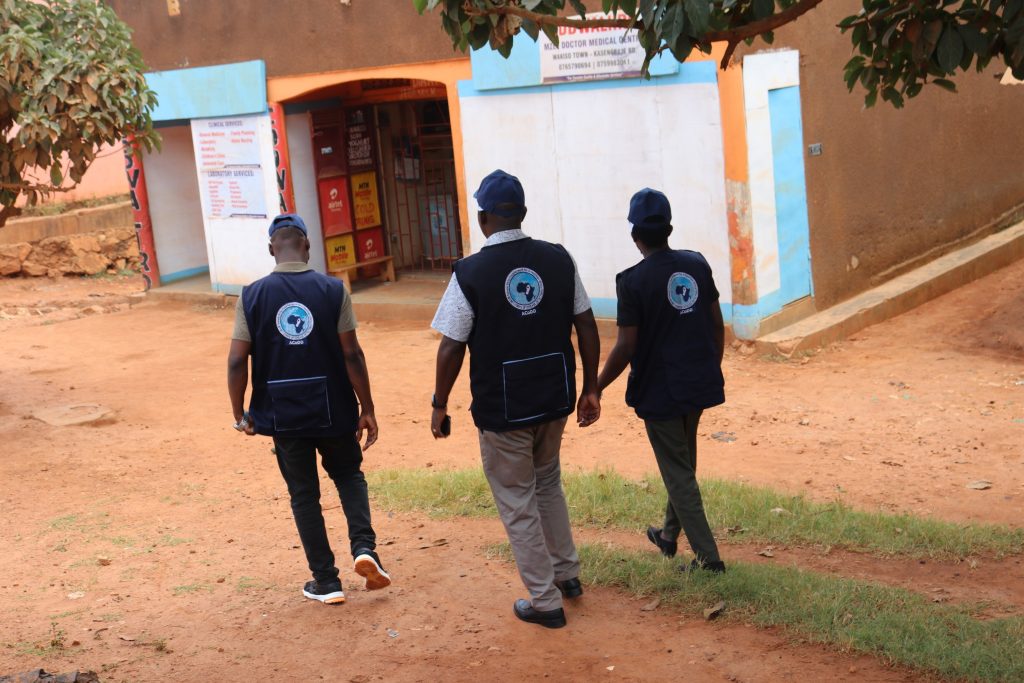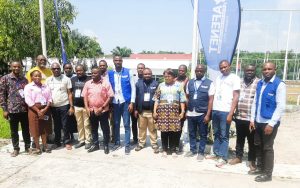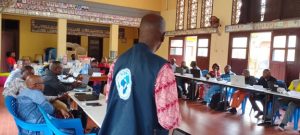AFENET Epidemiologists support Ministry of Health in Ebola response efforts in Wakiso District in Uganda
-
by
AFENET

In the ongoing battle against Ebola in Uganda, AFENET (African Field Epidemiology Network) epidemiologists have been working closely with the Ministry of Health to deploy teams for a critical field search in Wakiso District. These teams have been tasked with visiting health facilities to review patient records, identify potential cases, and ensure no Ebola cases go undetected.
Dr. Olivia Namusisi, an Epidemiologist at AFENET, discussed the ongoing Ebola response case-finding efforts:
“We are approaching this the right way—visiting health facilities to thoroughly review patient records and identify any potential cases, then following up accordingly. Our approach is both comprehensive and exhaustive. Our goal is to detect cases within the critical windows of exposure or contact. Increasing ground support and having more teams involved would greatly strengthen the response across Uganda. Case investigation starts once we have a confirmed community case.”
Dr. Ben Masira, also an Epidemiologist at AFENET, added:
“As AFENET, we have been critical in supporting early response activities. This is key in combing health facilities and communities to identify any potential cases, alerts, and deaths. We do face challenges regarding manpower, particularly in urban settings where the population is large. This situation is quite different from other responses we have participated in.”
He also highlighted a significant challenge in the field:
“The biggest challenge is poor record-keeping in many health facilities, which prevents proper tracking of patient history. This issue is especially complicated because most clinics are private and focus more on selling drugs and services. Some government facilities also struggle with record-keeping. Patient information is often written in books, but patients take these books with them when they leave, leaving the facilities without sufficient data for follow-up.”
The teams, in partnership with the Ministry of Health, have visited four health facilities to review records thoroughly for any Ebola alerts. They also map the areas covered to ensure comprehensive surveillance and to prevent missed cases.
Dr. Mahadie Balunywa, a final student of the Makerere School of Public Health involved in the response, emphasized the importance of these actions:
“This is very important. It ensures we haven’t missed any potential cases. It also helps us verify the health facilities’ records, informs the community—particularly in villages—about what’s happening, and helps dispel myths surrounding the virus.”
The proactive efforts of AFENET and the Ministry of Health are critical in controlling the spread of Ebola and ensuring the safety of Ugandans. As the situation continues to evolve, additional resources and expanded efforts are necessary to meet the challenges posed by the epidemic.



